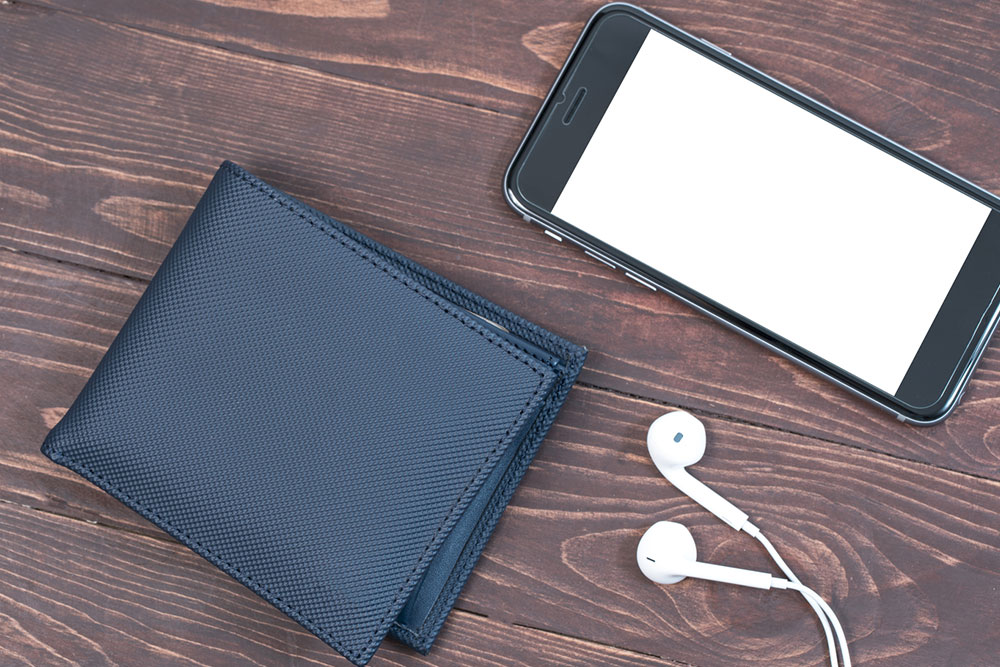
7 things to keep in mind before buying an iPhone
In today’s digital era, smartphones play an indispensable role in people’s daily lives. Among the multitude of options available, the iPhone stands out as a symbol of innovation, sophistication, and functionality. Before one embarks on the journey of acquiring the latest iPhone model, several critical factors must be considered. This article enlists seven things to know before buying the device, assisting customers in making an informed decision when making a purchase.
Budget and model selection
When contemplating the purchase of an iPhone, the foremost consideration should be establishing a budget. The smartphones come in various models with varying price ranges, and determining the sum one is willing to invest is paramount. Assessing the features and specifications that align with personal needs and preferences is equally crucial. This process ensures that individuals select an iPhone model that not only matches their financial capabilities but also fulfills their specific requirements.
Operating system compatibility
Before acquiring an iPhone, it is important to verify its compatibility with their existing technology ecosystem. Apple phones operate on iOS, Apple’s proprietary operating system. Thus, individuals already immersed in the Apple ecosystem, owning devices such as a MacBook or iPad, will experience seamless integration with an iPhone. Conversely, those predominantly using non-Apple products or alternative operating systems must assess whether transitioning to iOS will impact their workflow negatively.
Storage capacity
Buyers should evaluate their storage needs based on intended usage, encompassing files, apps, and multimedia content. Opting for higher storage capacity models becomes imperative for individuals who capture copious photos and videos or frequently download applications and games. One must note that iPhones do not support external storage expansion, underscoring the importance of a judicious selection in this regard.
Camera features
Different iPhone models offer varying levels of camera performance, including features such as multiple lenses, Night mode, and ProRAW capabilities. Buyers should assess their photography requirements and interests meticulously, opting for an iPhone model equipped with camera features that align with their preferences and usage patterns.
Battery life
Battery life ranks as a critical element in evaluating any smartphone. While iPhones typically deliver commendable battery performance, the extent varies among models. Individuals who rely heavily on their smartphones throughout the day should prioritize models boasting extended battery life. Additionally, considerations should extend to battery health and the feasibility of battery replacement over time.
Durability and protection
iPhones are celebrated for their sleek designs, but their exteriors can also be fragile. Purchasers are encouraged to invest in protective accessories such as cases and screen protectors to safeguard their devices against accidental drops and scratches. Furthermore, exploring warranty options, such as AppleCare or equivalent plans, can provide added reassurance in the event of unforeseen damage.
Resale value
iPhones generally retain excellent resale value compared to other smartphones. Those contemplating future upgrades should consider the potential resale value of their current iPhone. Maintaining the device in good condition and selecting popular models can optimize returns when the time comes to part ways with the device.
Buying an iPhone transcends mere ownership of a stylish gadget; it represents an investment in one’s digital lifestyle. By thoughtfully deliberating these factors, prospective customers can make well-informed decisions that harmonize with their individual needs and preferences.


